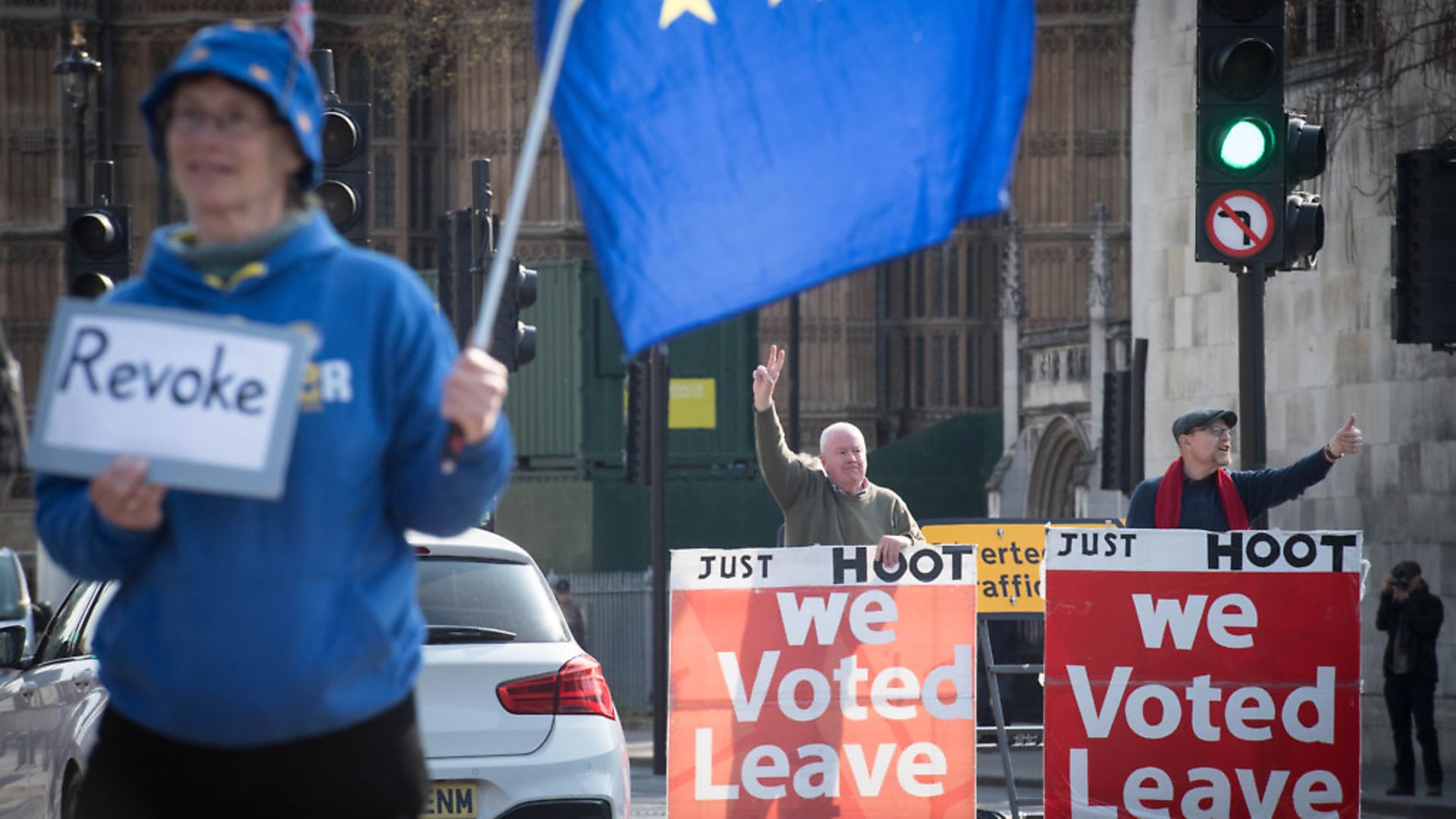
A growing culture war around progressive values has led researchers to name seven ‘tribes’, as Brexit alters our cultural identities beyond just ‘Leave’ or ‘Remain’.
Brexit is changing who we are, says a report by Hope Not Hate, which combined views on the Brexit divide with responses to issues that have come to the fore since the referendum. These included immigration and multiculturalism, extremism, anti-Muslim attitudes, and the environment.
Although there has been a slow liberal shift in social attitudes over the last few years, disconnection and growing resentment towards ‘the establishment’ is driving us apart, said the report’s authors. Many are channeling their frustration through hardening their stance on Brexit: 60% of people surveyed identified themselves on the ‘extreme’ end of either Leave or Remain. But for some, anger over broken promises on what Brexit will deliver is also building antagonism towards progressive values, which some are dismissing as ‘P.C. culture’.
These findings led the report authors to identify seven ‘tribes’:
– Active Multiculturalists (12.3%): The most socially liberal and politically active of the tribes, this tribe holds the strongest Remain identity and is most concerned about Britain’s departure from the EU
– Liberal Remainers (16.4%): share much of the same views, albeit to a slightly lesser degree
– Established Optimists (16.2%): a pragmatic, comfortable, middle- Englander group that favours centrist politics
– Comfortable Ambivalent (16.2%): see immigration and multiculturalism more positively than the average person, and is on the whole ambivalent about cultural issues
– Anxious Ambivalent (6.5%): see immigration and multiculturalism more negatively but feel detached from the political system, ambivalent about Brexit
– Hostile Brexiters (15.3%): Motivated by Brexit, opposed to immigration and multiculturalism, identify most closely with Nigel Farage and the Brexit Party
– Anti-Establishment Pessimists (17.1%): Pessimistic and angry with ‘the establishment’, this group shares hostile attitudes but is much less motivated by Brexit, most likely to identify with Tommy Robinson.
These ‘tribes’ are overtaking traditional political allegiances, with growing political mistrust and three out of four people saying that no party represents them.
“Brexit offered a black and white choice of ‘Leave’ or ‘Remain’, which exposed a lot of pre-existing divisions, but it was never that simple, and the impacts of the Brexit process are fracturing us even more,” said co-author Nick Lowles, chief executive of Hope Not Hate.
“As time has gone on, the Brexit process has degraded political trust, with pessimism and anti-establishment anger rising, which for many is distilling into hatred in a backlash against an ‘elite’, veiled in narratives about suppression by ‘P.C. culture’.
“These narratives are particularly potent as many people do feel suppressed and voiceless. There are a lot of people in this country who feel disconnected from the political system, frustrated and disappointed with the direction of their own lives.
“As the threat of a no-deal Brexit looms closer, the disastrous economic consequences will only widen these cracks and divide us further.”









